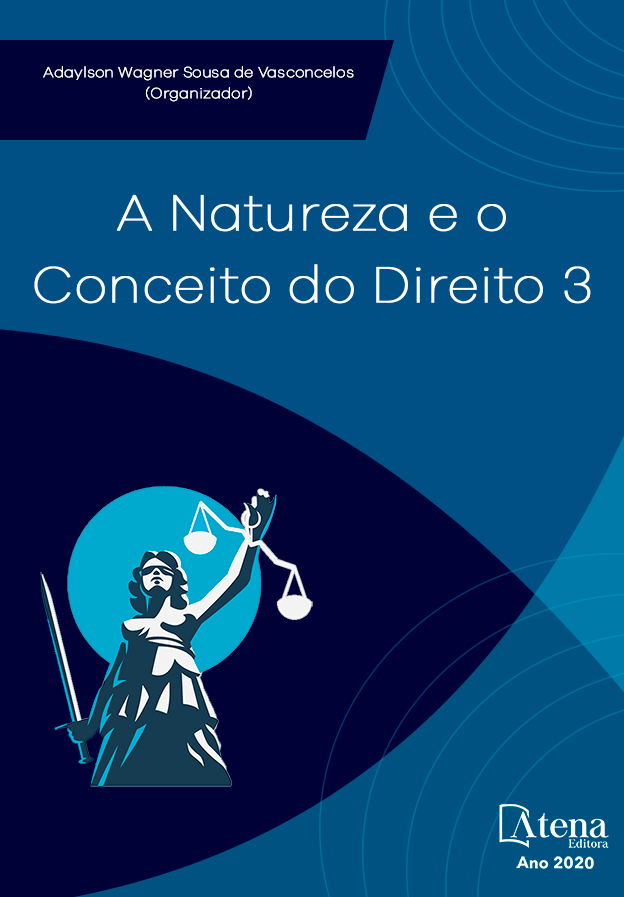
DIREITO MIGRATÓRIO: UMA ANÁLISE DAS SITUAÇÕES DOS HAITIANOS EM CURITIBA
O núcleo de direitos na Carta Internacional de Direitos Humanos é tratado como ius cogens, sendo aceitos globalmente. Os Direitos humanos garantidos pela Constituição Federal são dotados de universidade subjetiva e territorial, isto é, todas as pessoas são titulares e todos os Estados o reconhecem. Dessa forma, tais direitos mesmos descritos em documentos de suma importância, encontram limitações na sua aplicação, deixando sem amparo aqueles que mais necessitam, como os imigrantes. Esses, vindo em busca de melhores condições de seus países de origem, acabam por sentir a falta de ações não estatais, como o acolhimento da sociedade civil, e a falta de políticas públicas mínimas, dificultando a sua estadia por não garantirem os direitos em lei. O objetivo do presente trabalho é elucidar os desafios encontrados pelos imigrantes, especialmente os haitianos, visando o município de Curitiba. Para isso, utilizamos de levantamento de dados, pesquisas realizadas em jornais e dissertações acerca do tema, através de assuntos como: políticas públicas inseridas em Curitiba, motivos de vinda para o Brasil, casos de discriminação, mercado de trabalho e condições de estadia; pesquisa doutrinária se fez necessária principalmente para trazer a lume os direitos garantidos para qualquer pessoa e/ou a (in)eficiência de politicas públicas. Por fim, o que se espera concluir é a insuficiência de ações estatais para melhores condições de sociabilidade, não estando de acordo com regras mundialmente estabelecidas.
DIREITO MIGRATÓRIO: UMA ANÁLISE DAS SITUAÇÕES DOS HAITIANOS EM CURITIBA
-
DOI: 10.22533/at.ed.60602011098
-
Palavras-chave: Jus Cogens; Imigração; Haitianos; Curitiba.
-
Keywords: Jus Cogens; Immigration; Haitians; Curitiba.
-
Abstract:
The core of rights in the International Bill of Human Rights is treated as jus cogens and is accepted globally. The human rights guaranteed by the Federal Constitution are endowed with subjective and territorial universality, that is to say, all persons are entitled to them and all States recognize it. Thus, these rights, which are described in documents of paramount importance, find limitations in their application, leaving those who need them most without support, such as immigrants. These, coming in search of better conditions in their countries of origin, end up feeling the lack of non-state actions, such as welcoming civil society, and the lack of minimum public policies, making their stay difficult because they do not guarantee the rights in law. The objective of the present work is to elucidate the challenges faced by immigrants, especially Haitians, targeting the municipality of Curitiba. For this, we use data collection, research conducted in newspapers and dissertations on the subject, through issues such as: public policies inserted in Curitiba, reasons for coming to Brazil, cases of discrimination, labor market and conditions of stay; doctrinal research was made necessary mainly to bring to light the rights guaranteed to any person and / or the (in)efficiency of public policies. Finally, what is expected to be concluded is the insufficiency of state actions for better conditions of sociability, not being in accordance with worldwide established rules.
-
Número de páginas: 18
- Filipe Martins Macedo
- Gianluca Nicochelli


